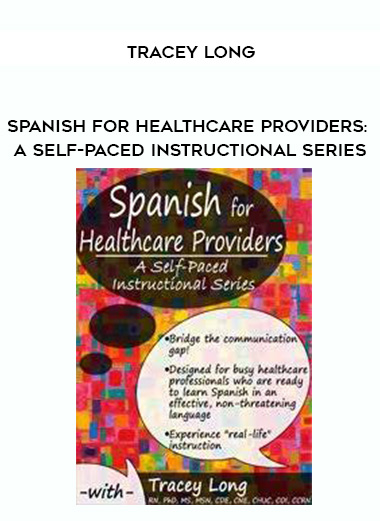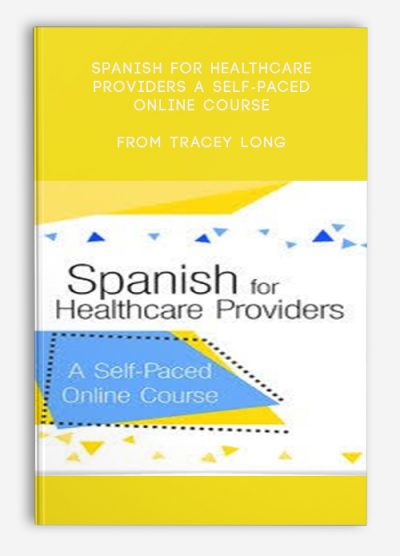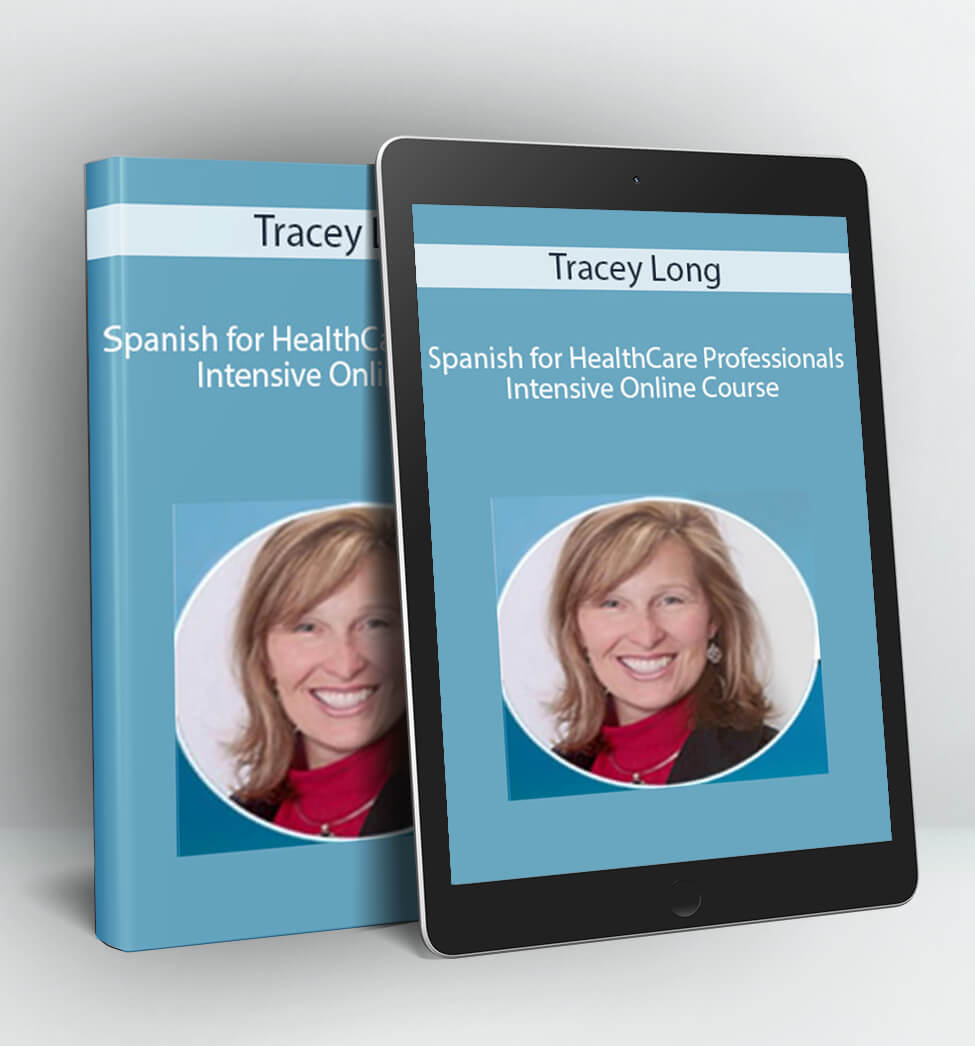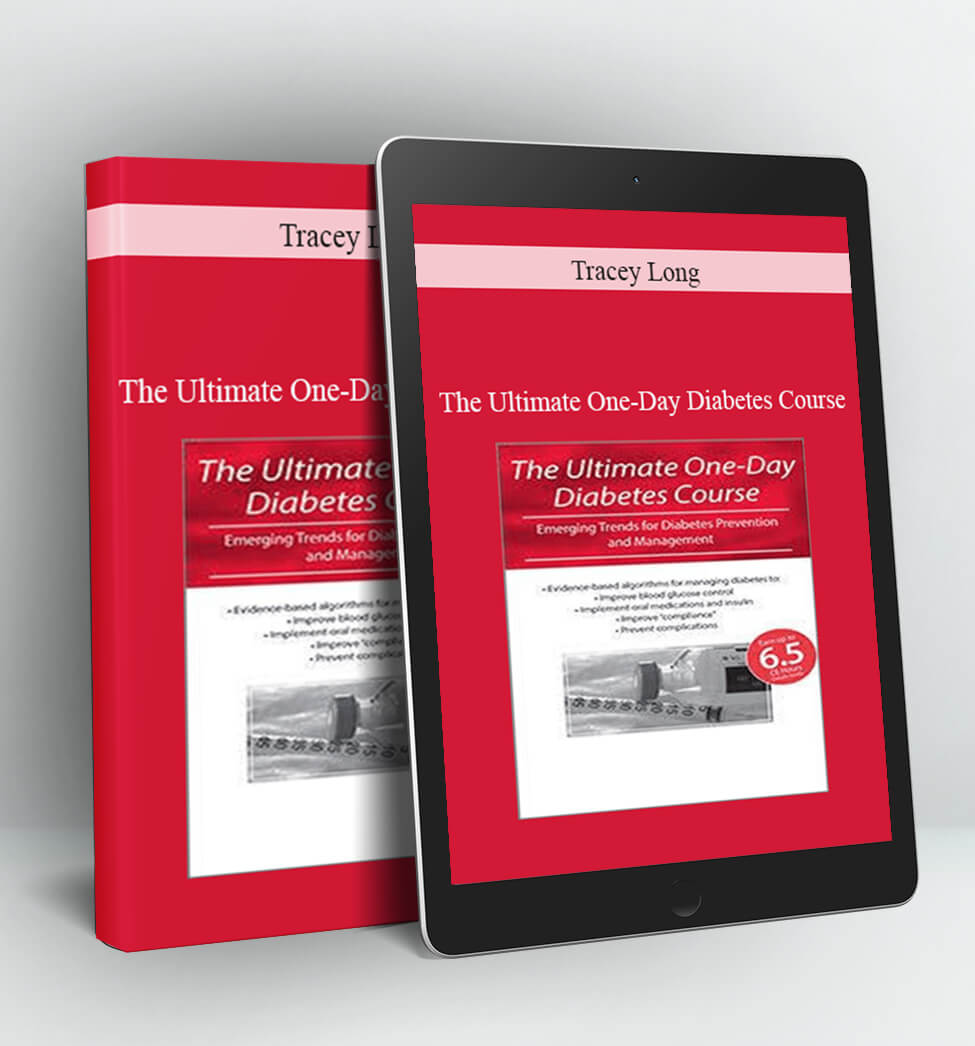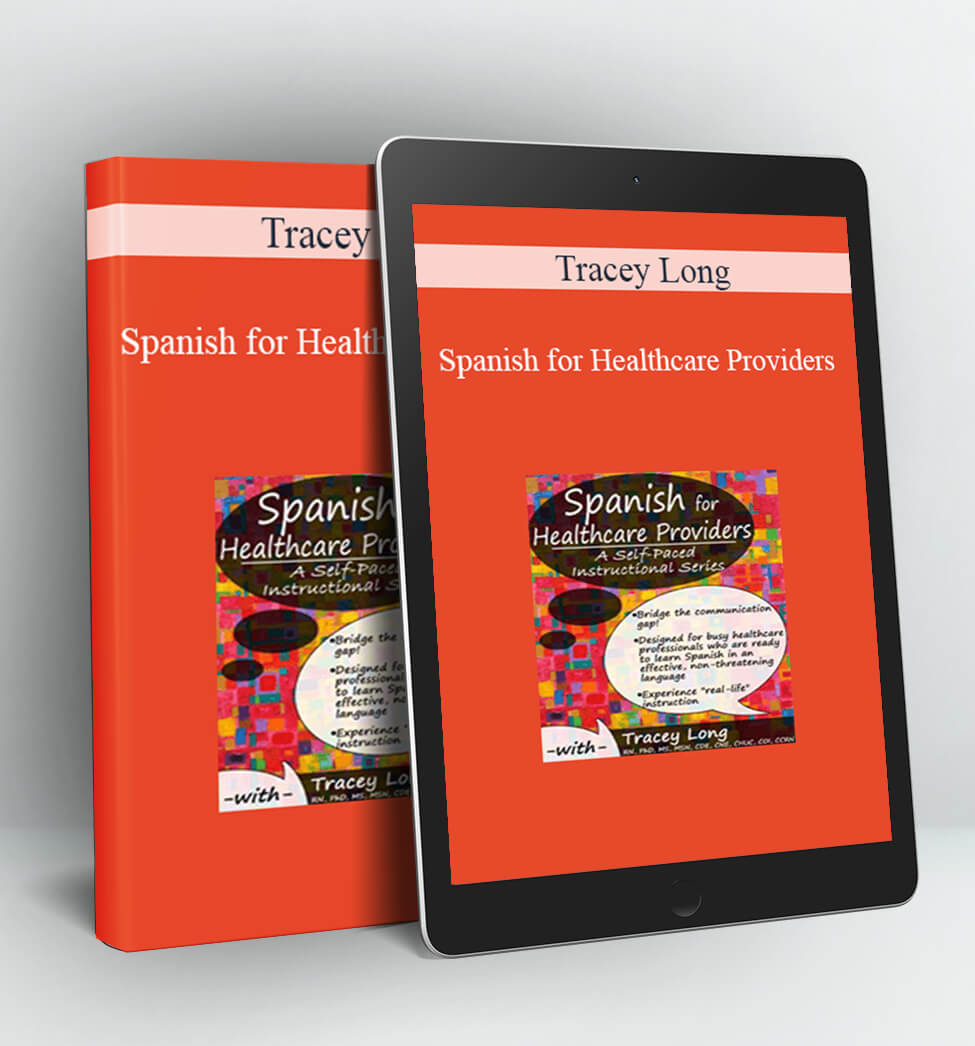SPANISH FOR HEALTHCARE PROVIDERS: A SELF-PACED INSTRUCTIONAL SERIES – TRACEY LONG
Part 1
Spanish for Healthcare Providers, you will begin by understanding the fundamentals of learning a foreign language. You’ll learn about where the language is spoken and the basic foundations of the language such as the alphabet and common greetings. As you progress through the module, you’ll learn about culture, nouns, verb conjugation and vocabulary for: numbers, time, money, food, clothing, and anatomy.
Part 2
Spanish for Healthcare Providers, you will begin learning how to conduct patient assessments in Spanish. You’ll also learn family vocab, irregular verbs, skin assessment, respiratory assessment, and cardiovascular assessment. By the completion of the module, you’ll also know vocabulary for colors, giving directions and the proper use of the verbs ser and estar.
Part 3
Spanish for Healthcare Providers, you’ll learn how to assess the gastrointestinal system, the genitourinary system, musculoskeletal system, reproductive system and labor and delivery. You’ll also learn vocabulary for the calendar, professions, emotions, remedies, medical equipment, medications and specialists.
Part 4
Spanish for Healthcare Providers, you’ll pull all of your skills together to create fluent sentences. You’ll also take a look at complementary and alternative medicine/folk medicine.
- Explain common greetings in Spanish
- List components of language and strategies to learn a foreign language
- Define and pronounce common Spanish cognates
- Identify general cultural, physical and language considerations for Spanish-speaking patients
- Practice physical assessment questions for Neurological system.
- Practice scenarios for the respiratory system
- Identify vocabulary for medical tests and settings
- Practice scenarios for the cardiovascular system
- Identify and pronounce various emotions and professions in Spanish.
- Use vocabulary to complete a physical assessment of the genitourinary system.
- Practice scenarios for the musculoskeletal systems
- Practice vocabulary for reproductive system
- Dramatize regarding typical health care conversations
- Recognize and pronounce medical objects.
- Analyze how new culturally competent insights can be incorporated in to practice
- Identify common complementary and alternative medicine used in Spanish speaking cultures.
- Interpret basic meanings in conversational Spanish
Lesson 1
- Introduction to syllabus and course schedule
- Basic greetings
- Why speak Spanish?
- Demographics of our nation
- Competencies of communication, safety and quality care
- Stories: ducharme, senor confused in 4-point restraints
- Fun and useful 2nd language
- Components of learning a foreign language
- Guidelines to learning a 2nd language: learn parts of speech/language, listen/train your ear, practice and speak
- Parts of language: vocab, grammar, pronunciation, comprehension, fluency
- Simple steps to learn a foreign language
- Vocab: alphabet, vowels, & cognates
- Alphabet/vowels, dipthongs
- Cognates, near cognates, cognate verbs
- Grammar: question words
- parts of speech
- key phrases
- Dicho: El tiempo lo cura todo. Time heals all wounds.
- Spotlight- North America & Mexico
Lesson 2
- Culture
- Numbers
- Time
- Money
- Nouns and Plurals
Lesson 3
- Greeting: Favorite foods
- Vocab: food, clothes, illnesses
- Grammar: word order
- Dialog: admitting questions
- Scenario: Initiating the yes/no answers
- Dicho: Lo que not mata engorda.
- Culture Focus: Belize
Lesson 4
- Greeting/questions
- Vocab: Parts of the body
- Grammar- pronouns and basic verb forms
- Dialog practice
- Practice scenario-
- Saying/Dicho Paga lo ue debes, samara del mal que tienes
- Cultural insight of a country-Cuba and Puerto Rico
Lesson 5
- Greeting/questions
- Vocab: colors
- Grammar- patient commands
- Dialog practice
- Practice scenario-Patient assessment, pain and neurological system
- Saying/Dicho: Dime con quien andas, y te dire quien eres.
- You can judge a man by the company he keeps.
- Cultural insight of a country-Honduras
Lesson 6
- Greeting/questions
- Vocab- family vocabulary
- Grammar- irregular verb forms
- Dialog practice
- Practice scenario-skin system
- Saying/Dicho: Mas vale que nunca
- Cultural insight of a country-El Salvador, Dominican Republic
Lesson 7
- Greeting/questions
- Grammar- ser and estar verbs
- Dialog – Respiratory System
- Practice scenario-Respiratory system
- Saying/Dicho: He who wants the fruit must climb the tree
- Cultural insight of a country-Costa Rica, Panama
Lesson 8
- Greeting/question
- Vocab- hobbies, directions
- Grammar: prepositions
- Dialog- Cardiovascular system
- Practice scenario- mock scenarios
- Saying/Dicho: Triumph
- Cultural insight of a country-Nicaragua
Lesson 9
- Greeting/question
- Vocab- time, days of the week, calendar, seasons
- Grammar: how to ask/answer time
- Dialog- Gastrointestinal system assesssment
- Practice scenario- mock scenarios
- Saying/Dicho: Don’t look a gift horse in the mouth
- Cultural insight of a country- Ecuador
Lesson 10
- Greeting/question
- Vocab- professions, emotions, remedies
- Grammar: quick phrases
- Dialog- Genitourinary system
- Practice scenario- mock scenarios
- Cultural insight of a country-Colombia
Lesson 11
- Greeting/question
- Vocab- animals, hobbies, opposites
- Grammar: fluency in sentence making
- Dialog- Musculoskeletal system
- Practice scenario- mock scenarios
- Saying/Dicho: Put a good face to bad times
- Cultural insight of a country- Venezuela
Lesson 12
- Greeting/question
- Vocab- medical equipment, medications, specialists
- Grammar: fluency in sentences
- Dialog- Reproductive system Labor and delivery
- Practice scenario- mock scenarios
- Saying/Dicho: Pay your debts and that will cure your illness!
- Cultural insight of a country- Peru
Lesson 13
- Greeting/question
- Vocab- colors
- Grammar: reflexive verbs
- Dialog- Gustar-like verbs
- Practice scenario- mock scenarios
- Saying/Dicho: Full stomach, happy heart
- Cultural insight of a country- Bolivia
Lesson 14
- Greeting/question
- Vocab- hobbies, sports, medical objects
- Grammar: reflexive verbs
- Dialog- fluent sentences
- Practice scenario- mock scenarios
- Saying/Dicho: The shrimp that falls asleep is swept away by the current. If you snooze you lose.
- Cultural insight of a country- Chile
Lesson 15
- Greeting/question
- Body language and etiquette
- Cultural Competence concepts
- Complementary & Alternative Medicine use/Folk medicine
- Saying/Dicho: He that eats till he’s sick must fast till he’s well
- Cultural insight of a country- Uruguay
Lesson 16
- Greeting/question
- Practice scenario- mock scenarios
- Saying/Dicho: Change is good to restore energy
- Cultural insight of a country- Argentina
Tag: Spanish for Healthcare Providers: A Self-Paced Instructional Series – Tracey Long Review. Spanish for Healthcare Providers: A Self-Paced Instructional Series – Tracey Long download. Spanish for Healthcare Providers: A Self-Paced Instructional Series – Tracey Long discount.

